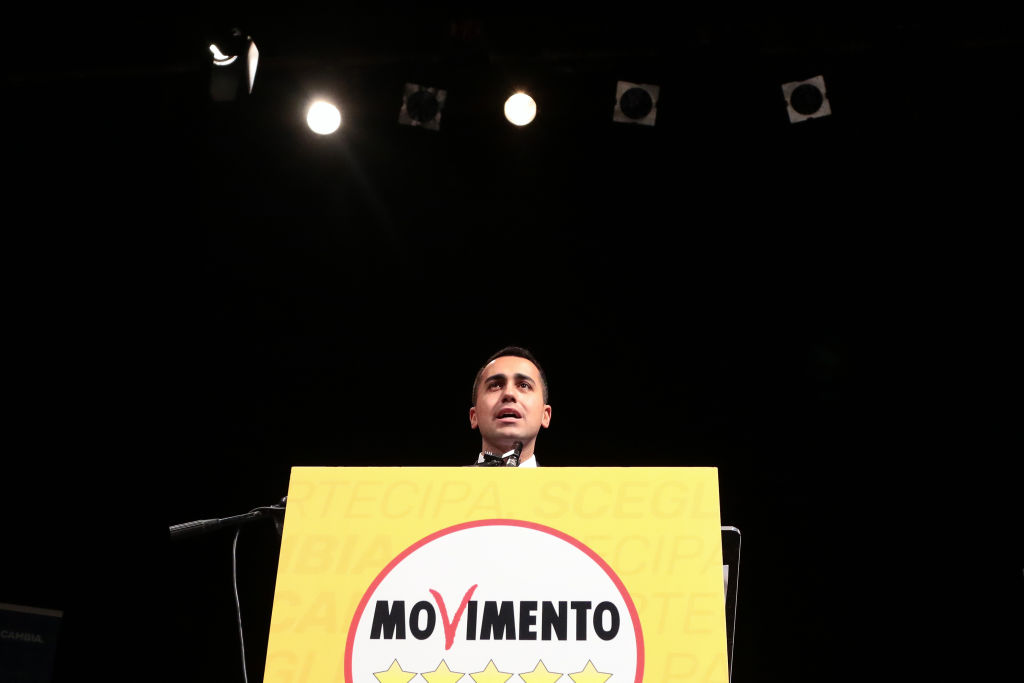It’s nice to get an election prediction right. Well, more or less right anyway.
The Movimento Cinque Stelle (M5S) – the drain-the-swamp-screw-everything protest movement founded by a comedian and run like a Scientology sect – has got many more votes in Sunday’s Italian general elections than opinion polls had suggested. According to exit polls conducted by Italy’s state broadcaster RAI, the M5S has got 31.5 per cent of the vote cast, which makes it, by a long way, the party with the most votes. Before Italy’s required opinion poll black-out two weeks before general election day the M5S remained consistently on 27 per cent. In my last post I predicted this – saying that it would get 33 per cent.
M5S would then be in a position – I said – to dump for good its pledge never to form coalitions with any political party on the grounds that political parties along with parliaments are precisely what is wrong with the political system. Well, we shall have to wait and see whether it tries to form a coalition – as I’ve been hearing it will do – with a small hard left party formed by breakaway members of Matteo Renzi’s Partito Democratico (PD) and other PD parliamentarians who will now abandon a discredited and badly defeated PD.
According to the exit polls, the PD which has been in power since the last general election in 2013 has only got 21 per cent of the vote (in the 2014 Euro elections it got 41 per cent). My other prediction was that the right-wing populist party the Lega, led by Matteo Salvini, would get more votes than its partner in the Coalition of the Right Silvio Berlusconi’s centre-right Forza Italia – again contradicting the opinion polls which had the Lega on 14 per cent and Forza Italia on 16 per cent. According to the RAI exit polls this has happened. The Lega has got 16 per cent and Forza Italia has got 15.5 per cent.
The post-fascist Fratelli d’Italia – the other main partner in this coalition – remains on around five per cent, according to the exit polls (as predicted by the opinion polls).
So the Coalition of the Right is well shy of the 42 per cent of the votes needed to secure a majority of seats in Parliament. And it will thus have to seek a new coalition partner to have any chance of forming a government. And in so doing it risks splitting up itself, with the centrist Berlusconi going one way and the populist Salvini the other.
Italy now faces therefore the prospect of a highly tortuous period of trying to cobble together some kind of workable coalition government which yet again the Italians did not vote for. Italy has had four unelected Prime Ministers since 2011 when Berlusconi was forced to resign. It will now get its fifth.
And such a government could now very well end up being headed by the anti-party, anti-parliament M5S which always swore it would never enter a coalition but whose 31-year-old leader, Gigi Di Maio, hinted throughout the election campaign that not even the movement’s cardinal rule of no coalitions is sacred any more, just like so many others, such as a referendum on the euro, are not sacred either.
God help Italy, and therefore Europe.







Comments